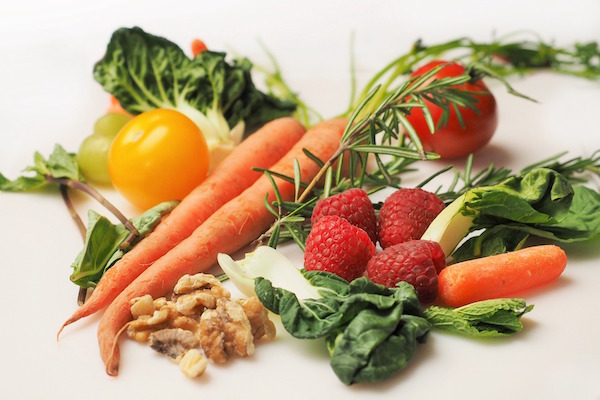Eating Right for Gallbladder Disease | Surgical Associates of Cleveland

The holidays are undoubtedly the most food-forward time of the year. However, for folks with gallbladder issues, a special diet is important for proper digestion and preventing conditions such as gallstones and cancer. Surgical Associates of Cleveland have gathered some information you’ll need to consider with gallbladder disease or after surgery.
Related: What is gallbladder disease?
A gallbladder diet is just a set of dietary guidelines to help you keep your gallbladder healthy and fully functioning. A gallbladder diet reduces stress on the gallbladder. You can use these guidelines whether or not you still have your gallbladder.
Eat foods that are low in cholesterol.
A diet high in cholesterol may lead to the formation of gallstones. Gallstones form when the bile entering the gallbladder is too high in cholesterol or bilirubin, or too low in bile salts. Most gallstones are made of hardened cholesterol.
Stick to lean protein.
Because fats can stress the gallbladder, it’s important for proteins in the diet be as lean as possible. White meat, fish, and vegetable proteins are good choices for your gallbladder.
Consume plenty of fiber.
Fiber supports healthy digestive. It can help you feel full for a longer period of time, feed healthy bacteria in your gut, and add bulk to the stool. Fiber is also helpful in removing toxins.
Stick to healthy fats.
Certain fats can help your gallbladder function better. Polyunsaturated fats like omega-3s may even reduce your risk of gallbladder problems. These healthy fats are plentiful in coldwater fish, walnuts, and flaxseeds.
Consume coffee in moderation.
Healthful coffee consumption can also help keep the gallbladder working right–as long as you don’t load it up with sugar and cream.
Eat calcium-rich foods.
The good health of your gallbladder is supported by plenty of calcium. Some of the best sources of calcium include dark leafy greens like kale, broccoli, and even sardines. Although dairy products contain calcium, they tend to be high in saturated fat, making plant sources a better choice.
Get ample vitamin C.
Those with higher levels of vitamin C in their blood tend to have fewer gallbladder problems. Vitamin C is best obtained by eating a diet with a variety of fruits and vegetables.
Learn about the foods to avoid.
If you have been having gallbladder problems, surgery might be the right course of action for you. We can help! Visit our website today to learn more about our services.
